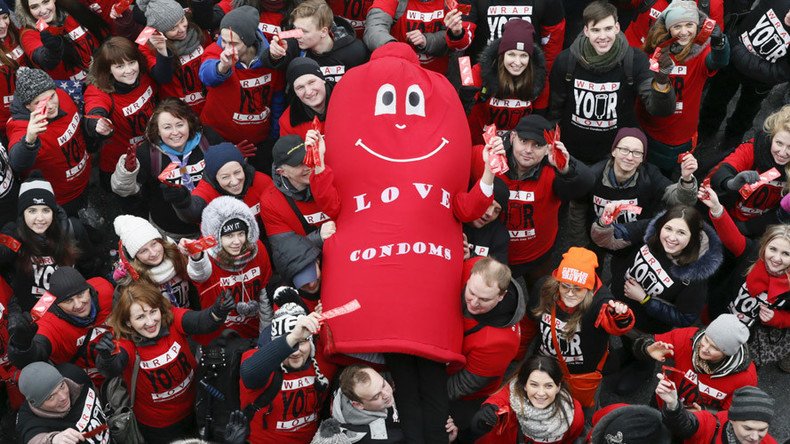Wrap it up: Condoms may increase teen pregnancy

The idea of high schools providing birth control options to students is controversial, and new research from the University of Notre Dame may make the debate even livelier: Access to condoms on campus can increase teen births, the study finds.
As teen pregnancy rates in the US hit historic lows, researchers are examining what makes one school’s pregnancy rate lower than another’s. The study The Incidental Fertility Effects of School Condom Distribution Programs found that “access to condoms in schools increases teen fertility by about 10 percent.”
Given the debate surrounding providing teens with birth control, this data could be helpful to establish how schools can improve their sexual education. When schools give out condoms, they tend to do so in one of two ways: Most districts require that condoms be obtained through staff members, such as nurses or counselors, who are compelled to provide information on proper use and the rate of failure for condoms – which Planned Parenthood cites as 18 percent due to misuse.
Too soon? San Francisco to give condoms to middle-schoolershttps://t.co/lnrKj5xQV7pic.twitter.com/GI81OgcKVk
— RT America (@RT_America) February 25, 2016
Other schools offer students open access to condoms vis-à-vis baskets or vending machines. It is this system that the study found to be more responsible for increasing the likelihood of teen pregnancy.
"Programs with counseling may have seen no change or perhaps a decline in teen fertility,” Kasey Buckles and Daniel M. Hungerman, authors of the study, wrote.
Vox poses the theory that perhaps making condoms available means that girls are less likely to look for better, more reliable contraception.
Ohio ‘heartbeat bill’ bans abortion six weeks into pregnancy http://t.co/Kw3Sfxrq6Zpic.twitter.com/fyQTr88ZBp
— RT America (@RT_America) November 21, 2014
“A teenage girl who may have asked her doctor about birth control pills, for example, could decide not to when she knew condoms were available at school,” Vox editor Sarah Kliff wrote.
Buckles and Hungerman believe that the increase may be due to the fact that schools could be placing too much responsibility on condoms alone. They suggest that when schools put money towards condoms, they turn their efforts elsewhere.












